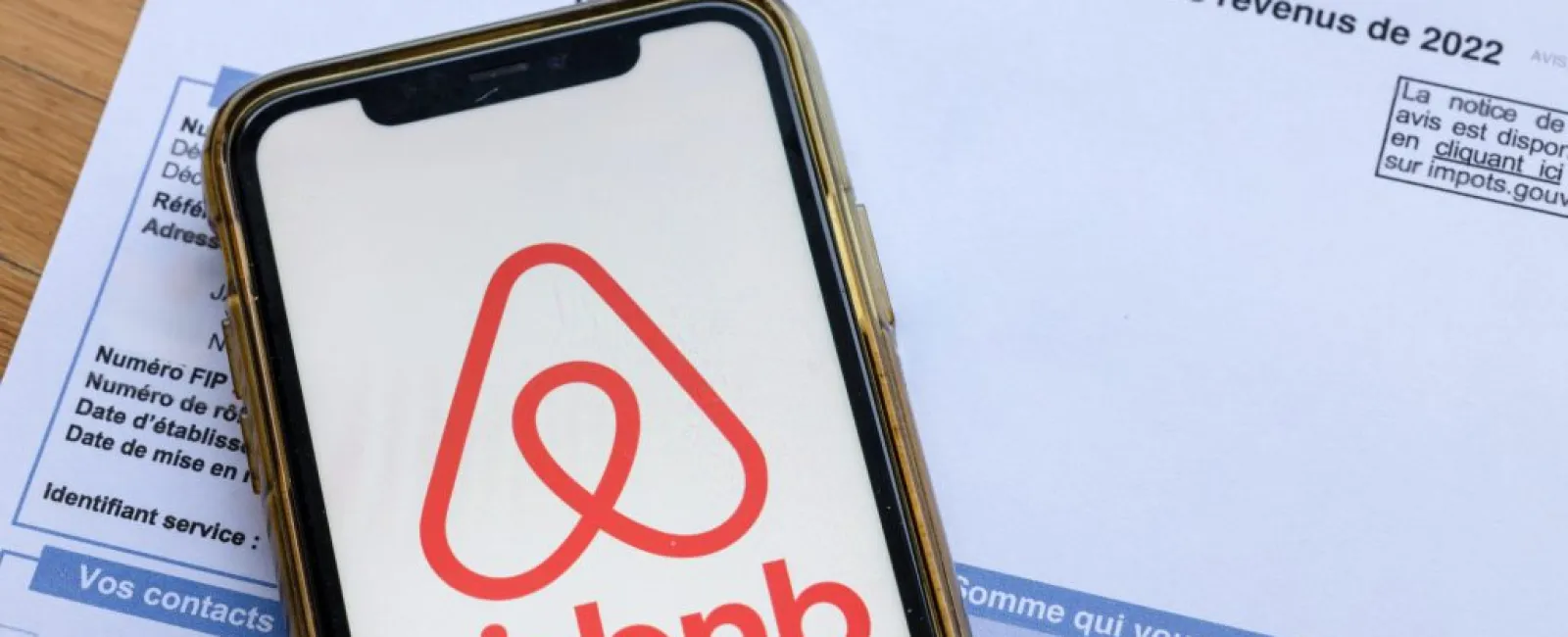Summer is a prime time for vacation travel, and if you're planning any last-minute trips, there's a scam you need to be aware of.
As costs for everything from food to travel continue to rise, many people search online for the best deals to book a memorable trip without breaking the bank.
According to Booking.com, cybercriminals exploit this trend with a frighteningly convincing, AI-generated phishing email scam that can drain victims' finances.
Using this malicious tactic, Booking.com's CISO, Marnie Wilking, has reported a 500% to 900% increase in travel-related scams over the past 18 months.
How Are These Scammers Operating?
Phishing emails have been around since the early days of the Internet, but AI tools like ChatGPT are making it easier to create realistic and professional-looking scam emails that trick readers.
In the past, phishing emails were often riddled with spelling and grammatical errors. With the rise of AI, cybercriminals can produce dozens of seemingly legitimate emails that often go undetected by both software and readers.

Here's How They Work:
Scammers use sites like Booking.com or Airbnb.com, where people list short-term rentals.
They send out emails offering incredible rates or time-sensitive deals on nonexistent properties.
Once someone pays, the cybercriminals either disappear with the money, leaving the renter without a place to stay, or use follow-up emails to collect additional "fees" or "charges" before vanishing.
These vacation-focused phishing scams are not new, but with AI, they're becoming more convincing, and more people are falling for them.
What Can You Do?
Vacationers can take several key steps to avoid being scammed:
- Use Two-Factor or Multifactor Authentication: Having a confirmation code sent to your phone every time you login helps prevent phishing attacks and credential theft.
- Avoid Clicking on Email Links: If you receive an email promoting a too-good-to-be- true deal, it likely is. Go directly to the website and search for the special. If you can't find it, you might have avoided a scam.
- Verify Property Listings: Ensure that contact information and reviews are readily available before booking any property online. Check if other verified users have stayed at the property. If so, it's less likely to be a scam.
- Use Credit Cards for Online Purchases: Using debit cards linked directly to your bank account is risky. When theft occurs from your debit card, it can be difficult to get your money back—if you get it back at all. Credit cards offer an additional layer of protection.
The most important thing is to stay vigilant. Analyze every email offer you receive and follow cybersecurity best practices.
Standard security software can help detect some scam emails, but not all, so it's important to be cautious and look for red flags.
Personal scams can ruin a vacation, but business breaches can cost you and your family your livelihood.
To keep your network secure, call us at 973-575-4950 or visit www.ibsre.com to book a FREE 10-minute discovery call with our cybersecurity experts. We can help you create a plan that protects you.
Enjoy a well deserved break this summer, and remember to be cyber smart.
